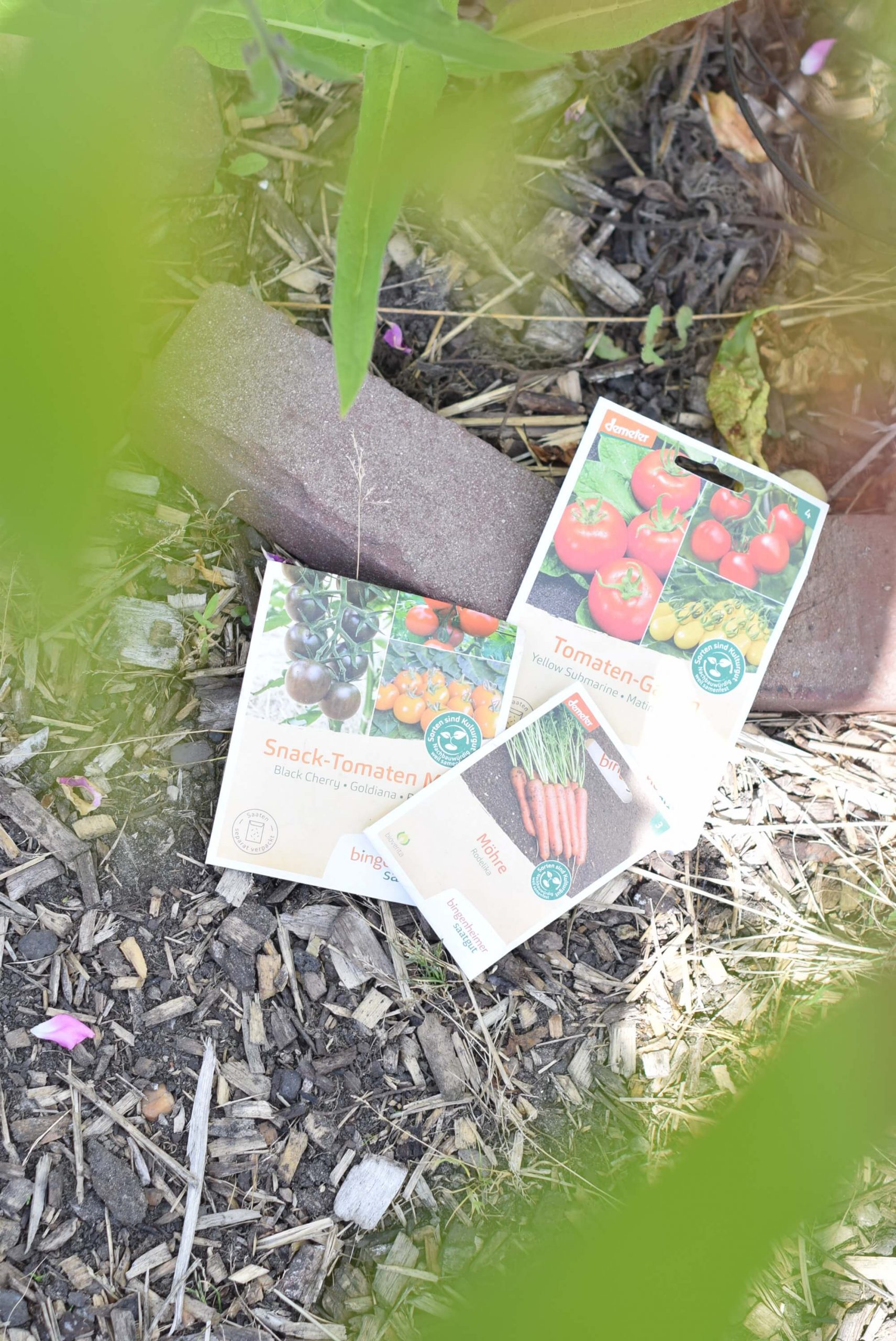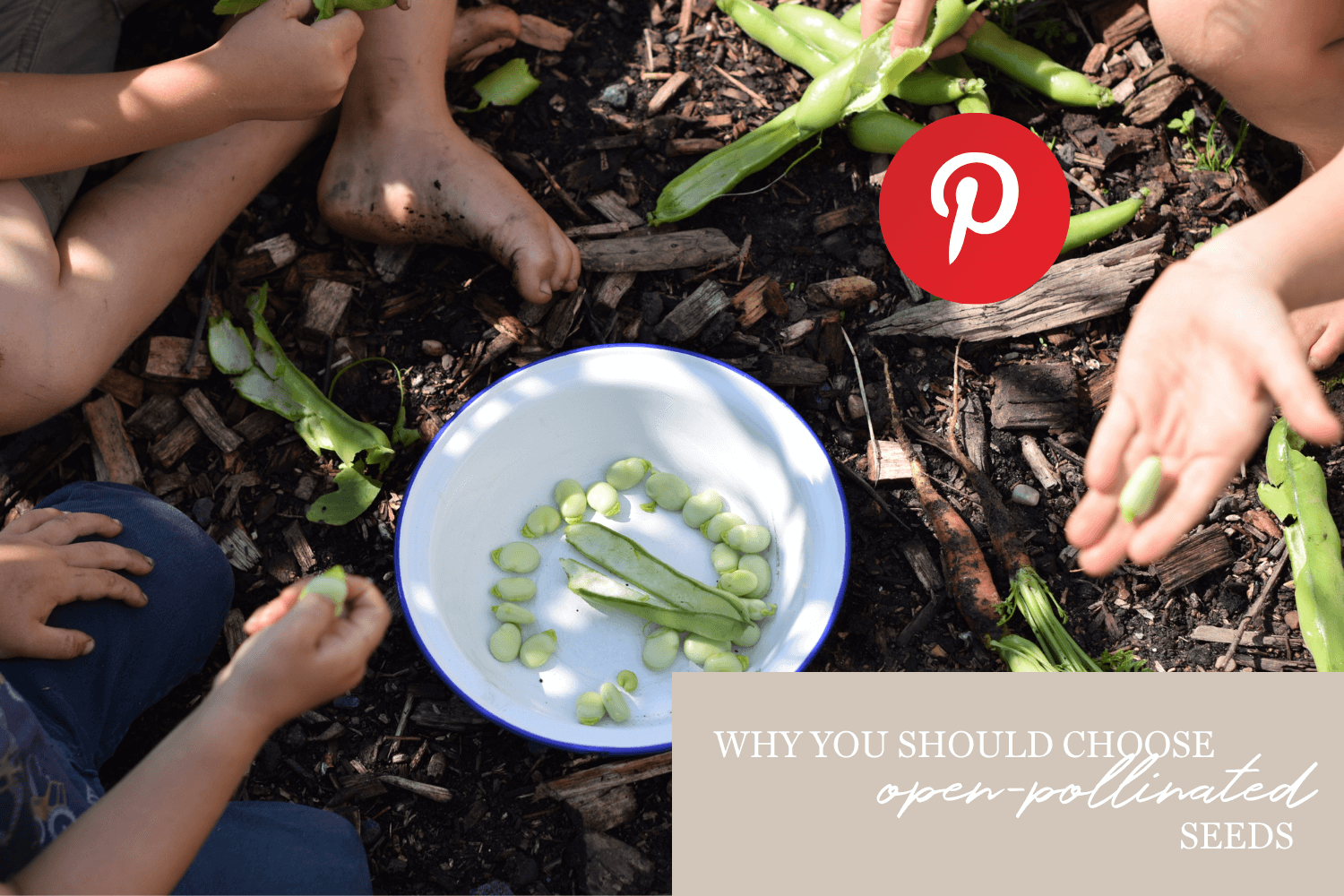If you have your own vegetable garden, you can choose what you grow, how you fertilize the soil and which seeds you choose. And thus, ultimately what you take in. There is a lot of difference in seeds. Why I think you should choose open-pollinated seeds? Read on to learn more.
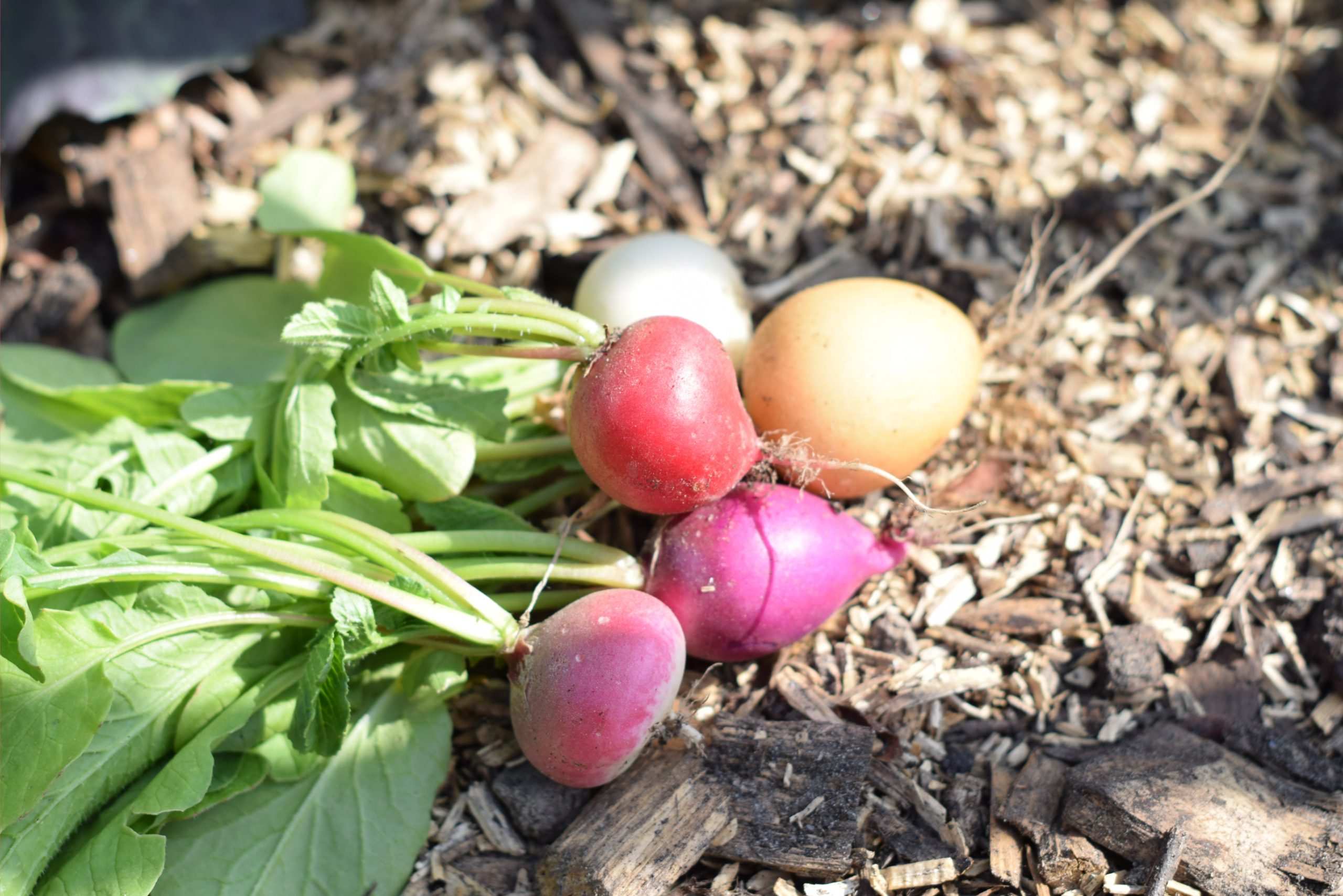
What are open-pollinated seeds?
Open-pollinated seeds produce plants that, by self-pollination or by pollination by bees, butterflies and other natural means, produce seed that produces the same characteristics as the parent plant.
So, let’s say you have an open-pollinated tomato plant. This year is grows very well and you’re able to save some of the seeds. Next year you sow those seeds and it will produce the same variety as the plant you saved the seeds from.
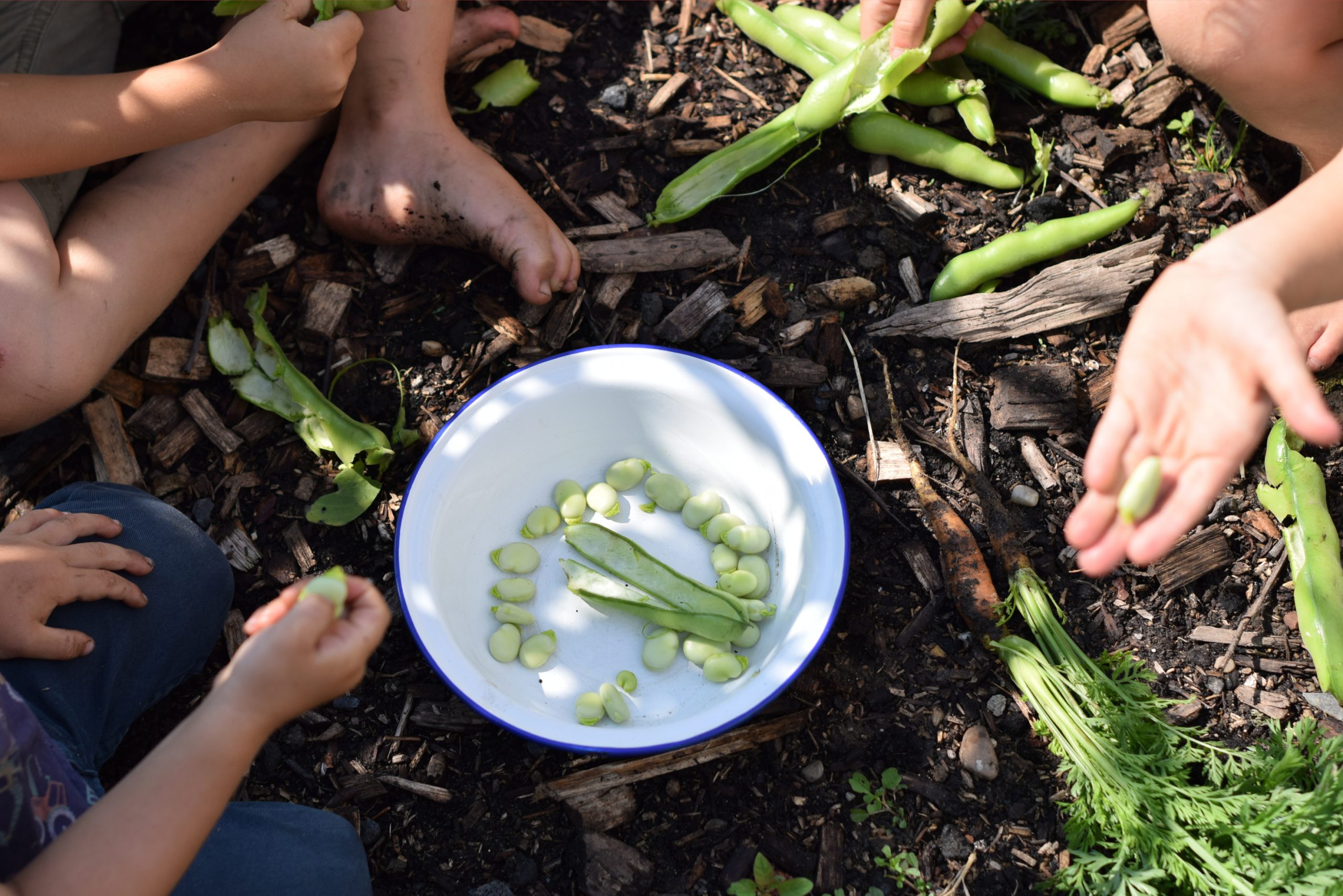
Why you should choose open-pollinated seeds
There are many good reasons why you should choose open-pollinated seeds. One is, that the plants you grow will produce seed that you can use again next year. Not all plants that you can buy in a garden center, for example, provide seed that you can sow and that grows into a plant with similar traits.
You contribute to the diversity of your garden and the preservation of patent-free seeds if you buy open-pollinated varieties. Let’s dive a little deeper into the different types of seeds.
What are F1 or hybrid seeds?
F1 variants are seeds obtained by crossing two plants with specific properties. As a result, a plant is obtained with the dominant properties of the parent plant. The “baby plant” has thus taken over the desired dominant properties of the parents. The “F” in F1 comes from the Latin word for “filial” and actually means “the first offspring”.
Cross-pollination also takes place in nature, but this allows for much more variation. Which allows for plants to naturally adapt to their environment. The controlled pollination in F1 or hybrid varieties makes that the F1 plant’s seeds may no longer produce the same characteristics as the F1 plant. Often the plants are even sterile and/or do not produce any seed at all.
Hybrid varieties are bred for their specific properties. This can be color, taste, growth rate, resistance to certain diseases or to produce a large quantity, etc. To obtain these kinds of specific traits, “pure” lines of the parent plants are needed. The process to obtain these pure lines can sometimes take years, which is labor intensive and adds to the cost of the seeds.
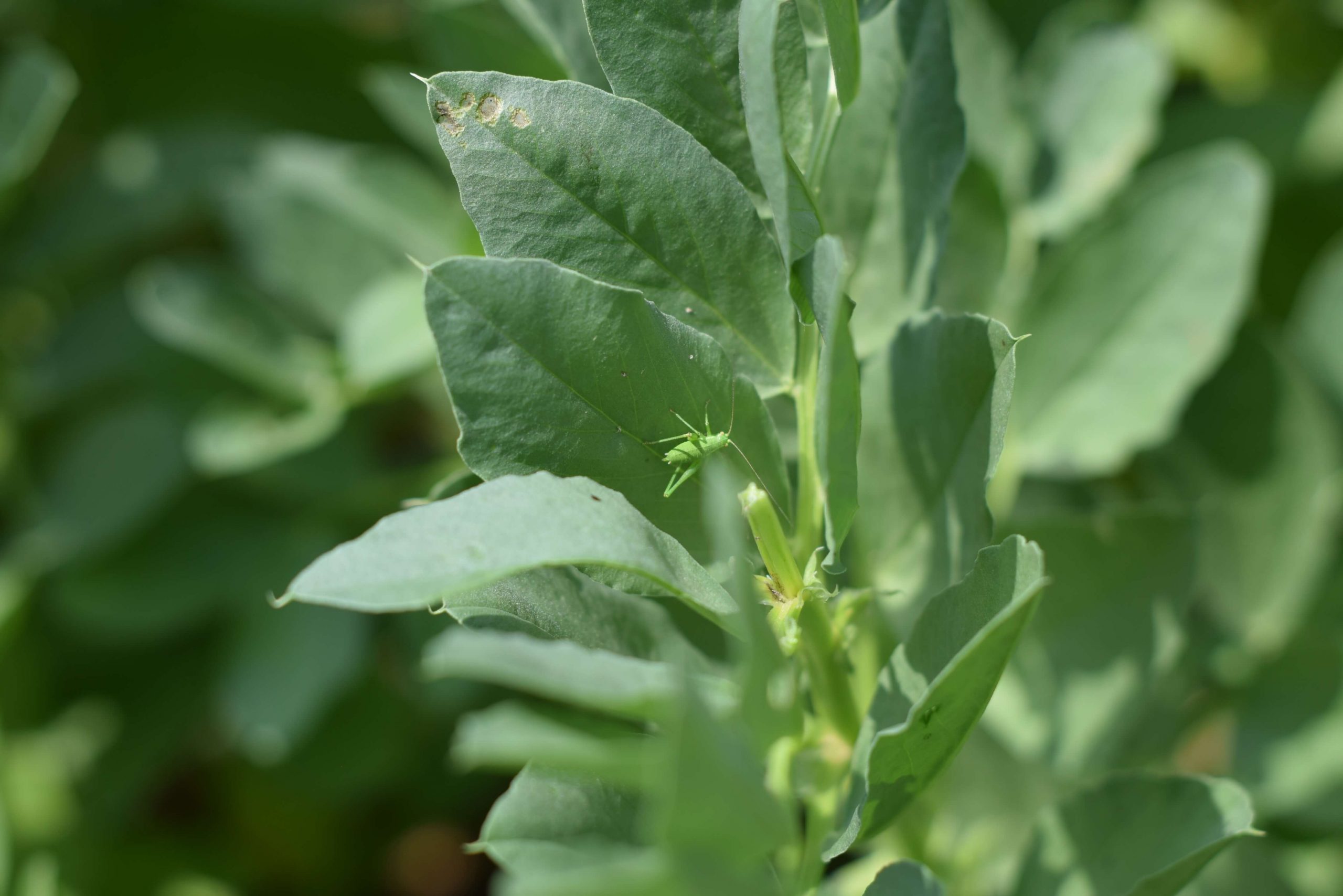
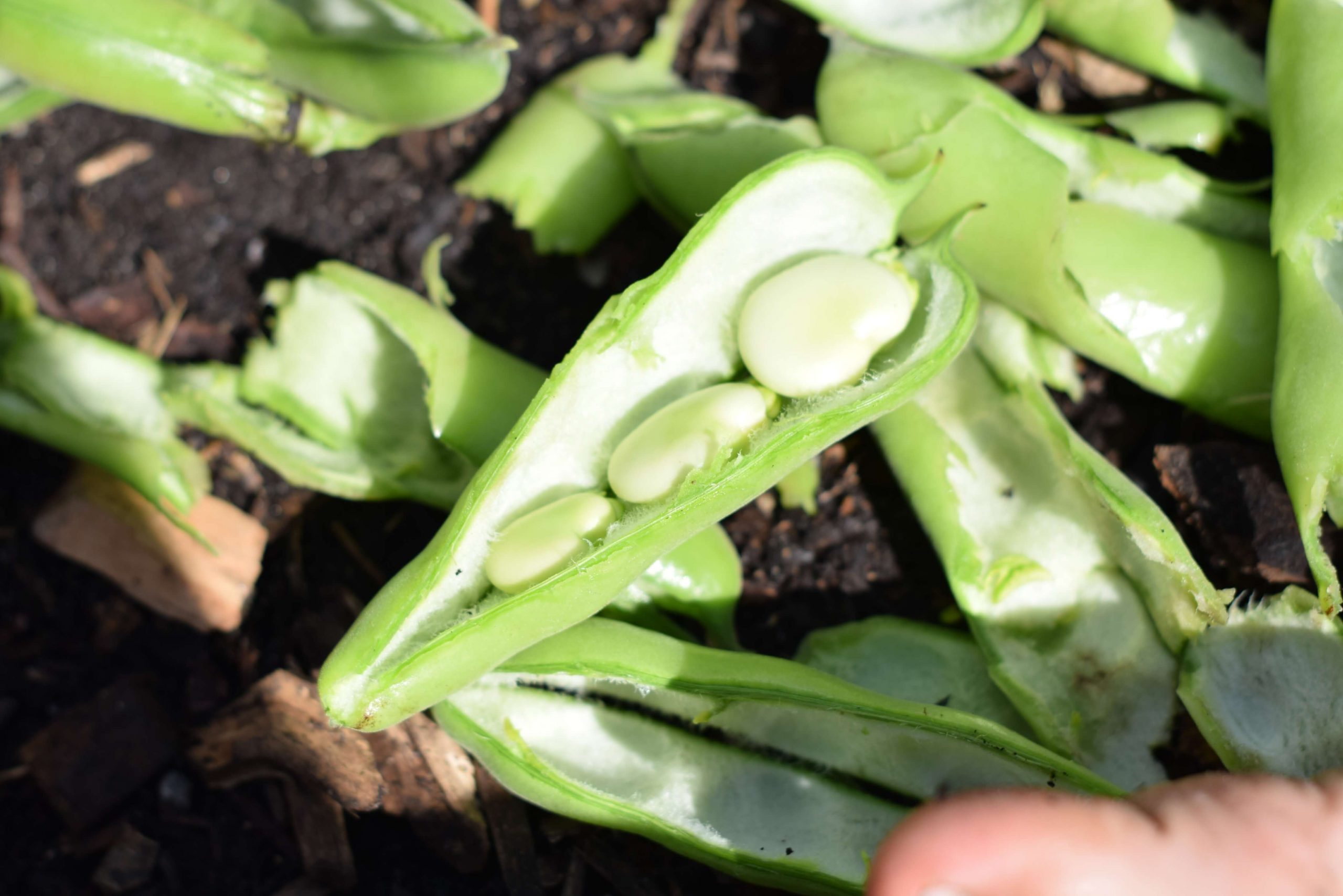
Patents
What I personally find a huge disadvantage of F1 variants is that I cannot harvest the seed for next year, at least not knowing if anything and/or what traits the plant will have that will grow out of those seeds.
In addition, companies that cross breed variants often apply for a patent on the “new” variant. This makes that you always have to go back to the same producer if you want to keep that same variety. Therefore, you’ll become dependant on this producer.
What are open-pollinated seeds?
With open-pollinated varieties, the plants are pollinated in a natural way. This can be done, for example, by bees or butterflies. This can cause minor variations, which allow for the plant to adapt to their natural environment. But, a prime characteristic of open-pollinated varieties is that the seeds will again produce a plant true to the parent plant.
This has a number of advantages. The most important of these is, that the seeds can be harvested for use the following year.
For example, you can harvest the seeds from the cucumbers you plant this year after the growing season and use them again next year. You will then get the same variety of cucumber as were on the plant from which you harvested the seeds.
This means that you only have to buy seed or an open-pollinated plant once. You can harvest the seeds endlessly. One reason why you should choose open-pollinated seeds, if you ask me :)
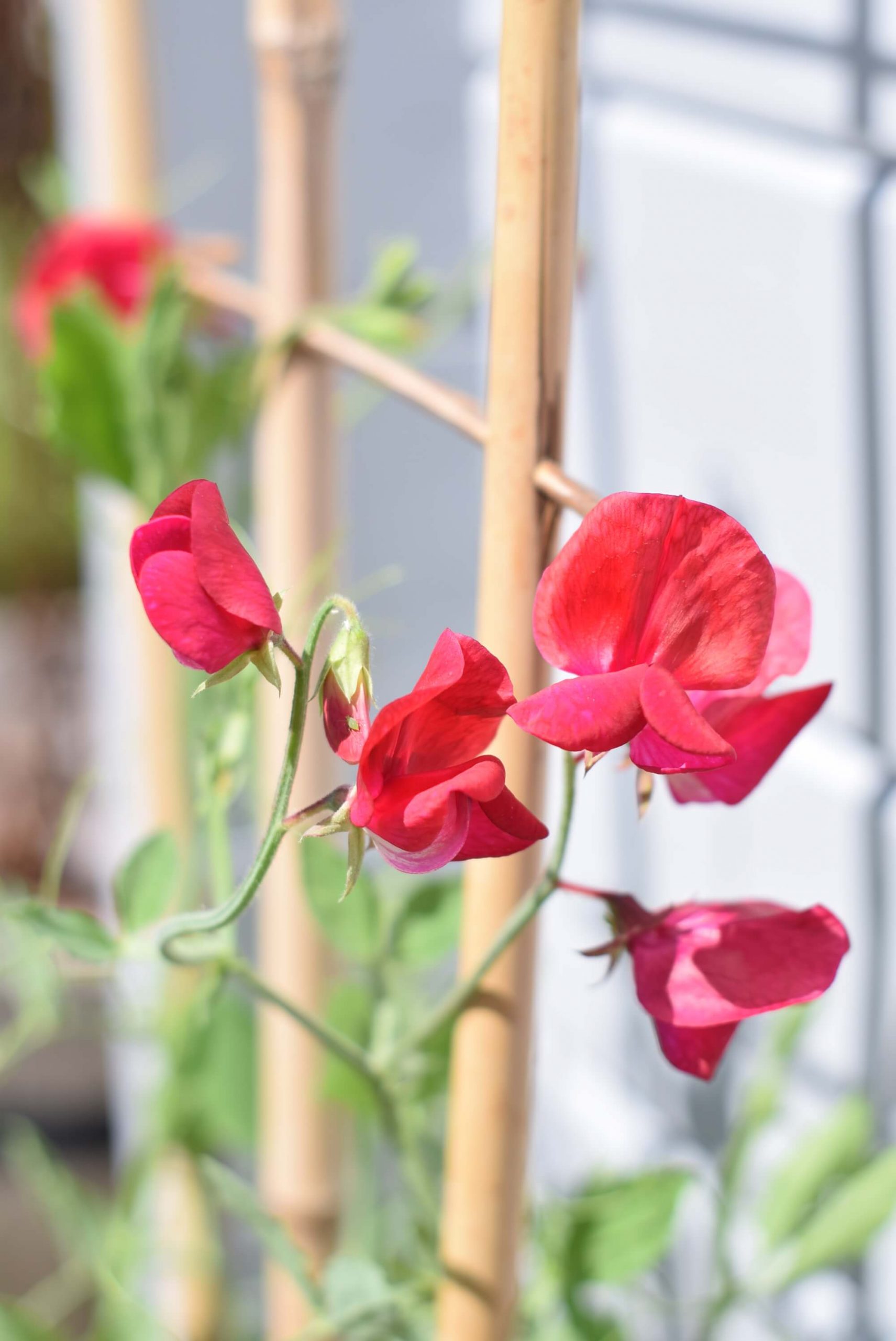
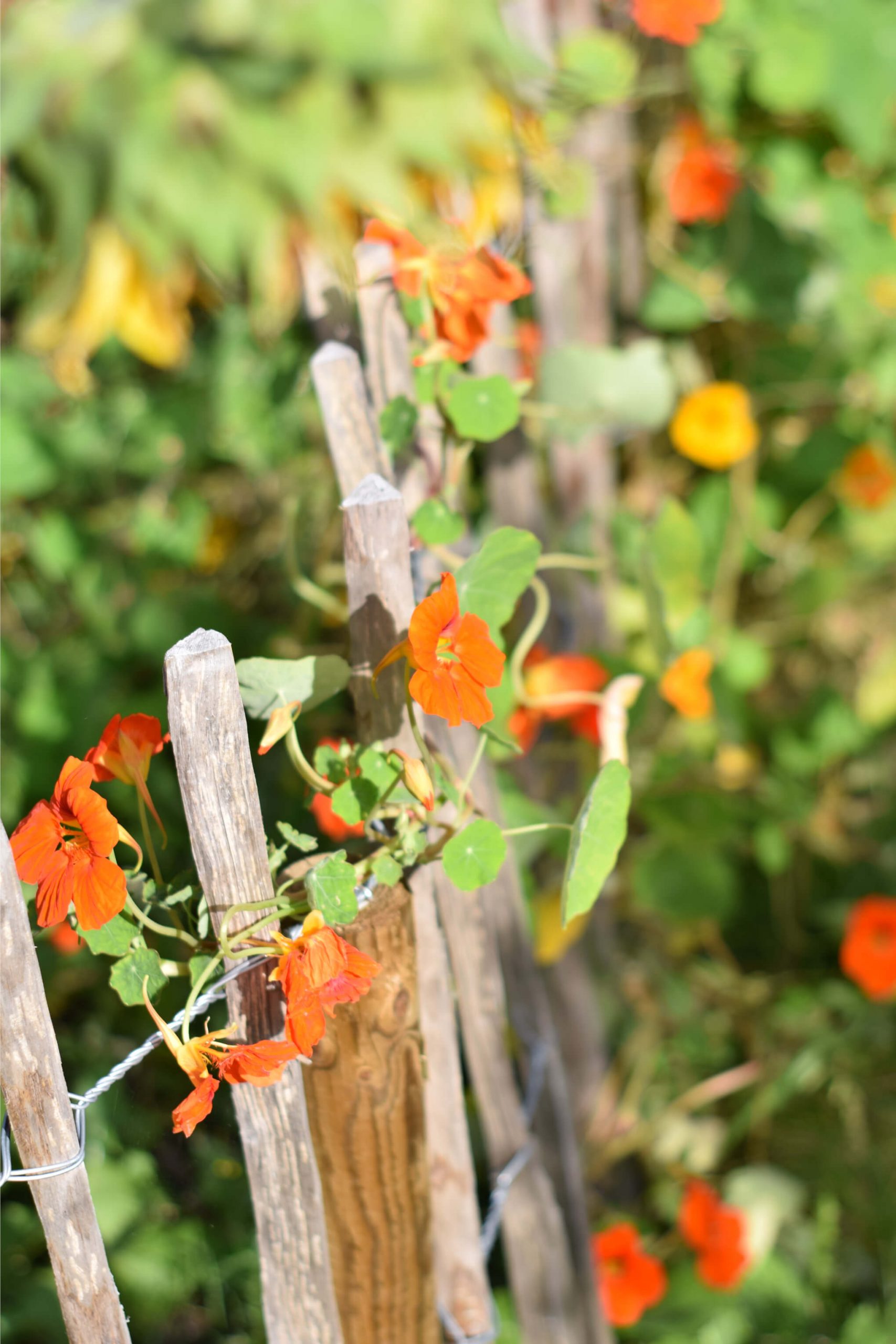
Diversity
With the use of open-pollinated seeds, a natural diversity is maintained. In fact, many plant characteristics are lost when a hybrid variety is used . It is not that a F1 manufacturer creates a “new, better plant”. He chooses certain properties and highlights them, as it were. Other traits fade or disappear altogether (such as the ability to reproduce through normal reproduction). With open-pollinated seeds, this natural diversity is a great way to maintain a healthy diversity.
Hybrid or open-pollinated?
If you are looking for a plant with a specific characteristic for only one year, you can go for an F1 variant. Having said that, open-pollinates varieties can have those same, specific characteristics. Hybrids can be more expensive but, sometimes require less pesticides. On the other hand, natural varieties such as those often found in open-pollinated varieties are already naturally resistant to certain diseases, which makes pesticides unnecessary anyway.
Never stop learning…
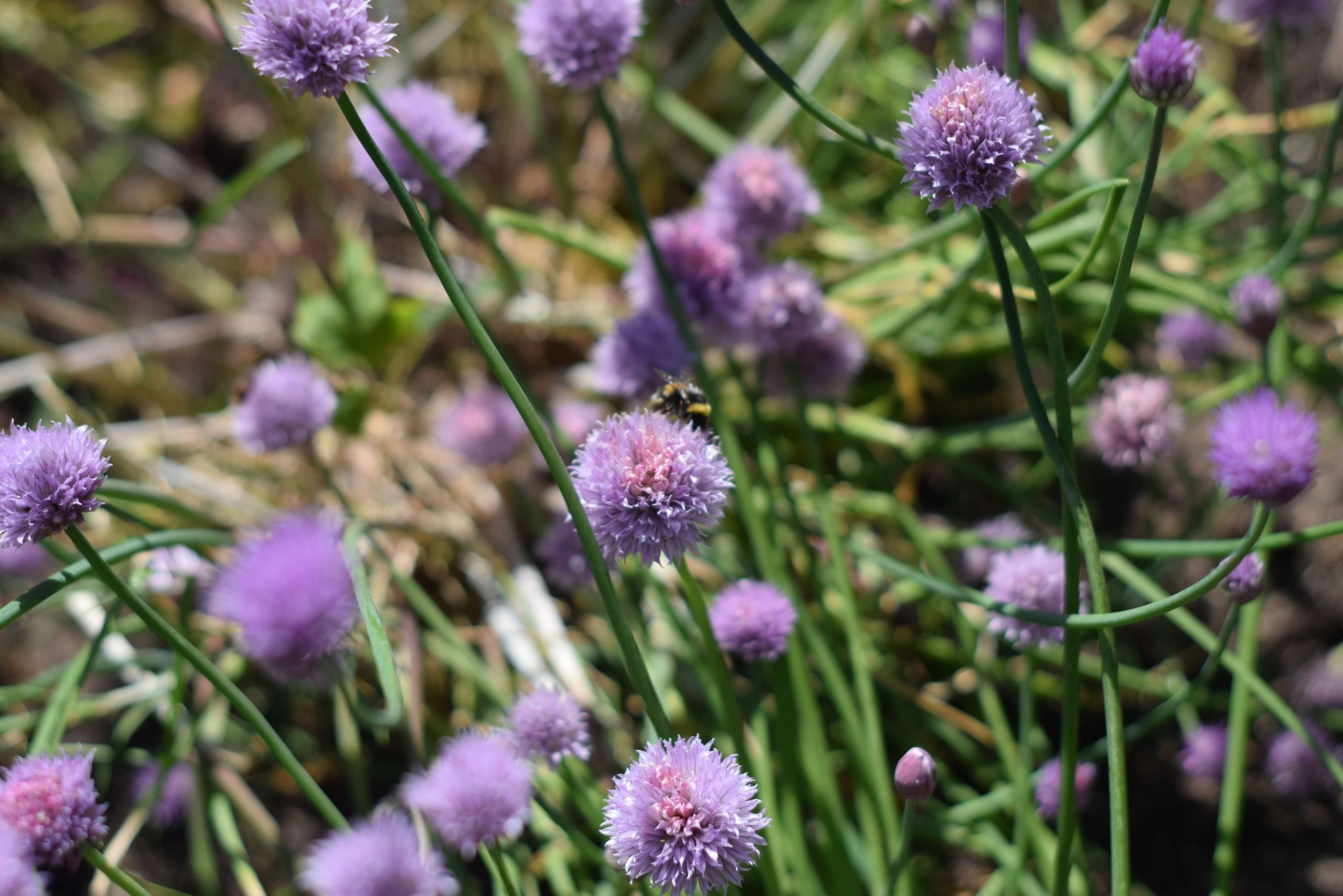
Subscribe to the newsletter to receive more inspiration on gardening and simple living.
You can unsubscribe any time
Open-pollinated or F1 seeds?
It is of course fantastic to be able to choose from so many varieties and variety in properties. It can be overwhelming… The starting point is, what do you think is important?
Organic or non-organic seeds?
Open-pollinated seeds are often organic. That’s because most producers of open-pollinated varieties have a broader goal, which is to conserve different varieties as best as they can. They want to do this in an as “clean” and natural way as possible. If you want to grow your food organically and as naturally as possible opt for the organic variety, and if possible for an open-pollinated variety as well.
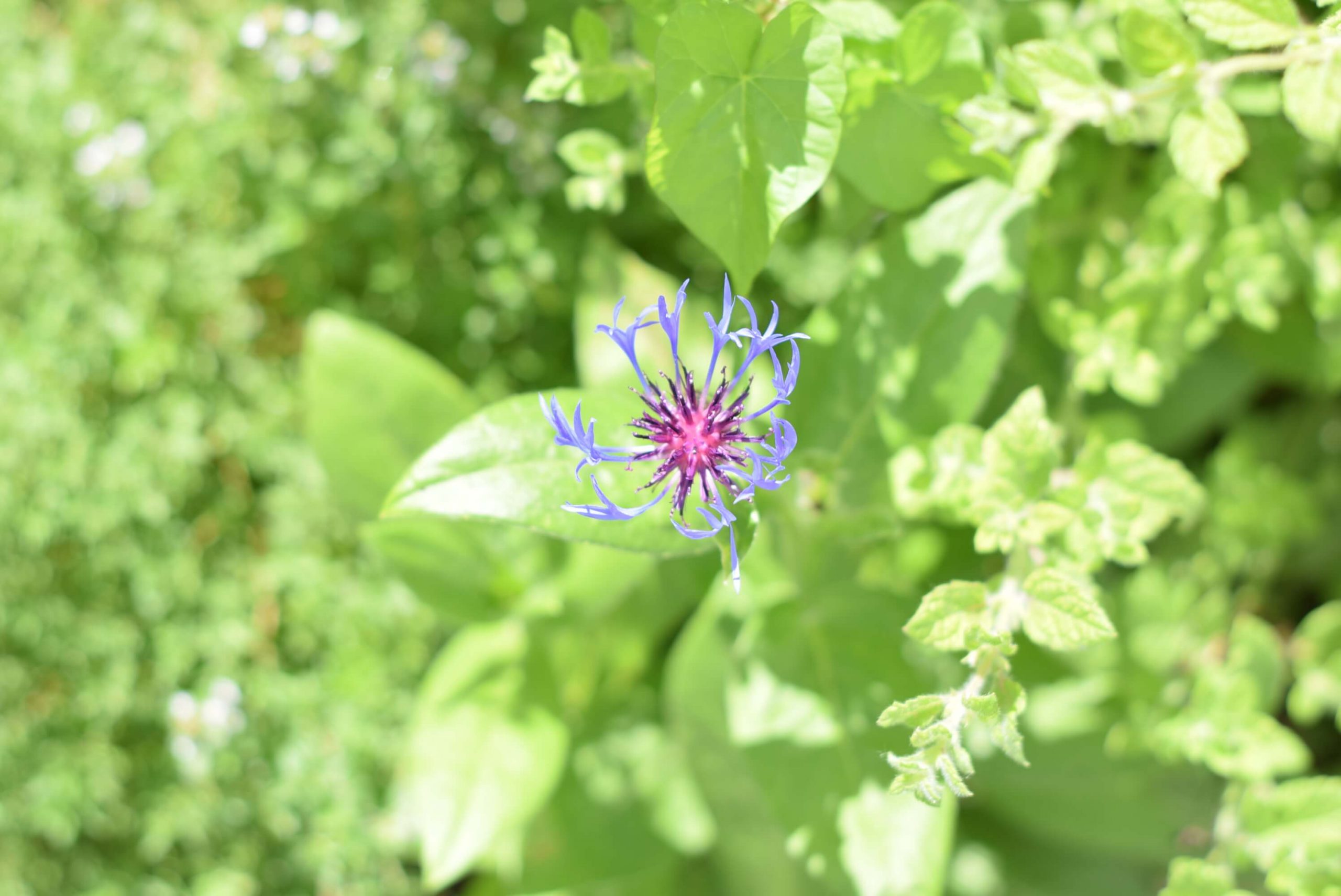
Your choice
Ultimately, of course, the choice is yours. I like to choose as natural a variety as possible and that’s why I always go for organic seeds and open-pollinated varieties. They are generally easy to obtain and you know what you get. You contribute to diversity and you can harvest the seeds yourself to use or give away the following year.
For those who live in the EU, I can highly recommend the seeds of Bingenheimer Saatgut (No, I am not sponsored by them, this is just my honest opinion). They are located in Germany and have about 500 varieties and an online catalog to browse through. If you prefer to use a paper catalog, you can request it for free via the Bingenheimer Saatgut website. One of the company’s goals is the conservation of open-pollinated seeds, grown organically. Bingenheimer Saatgut makes great contributions here in keeping various seeds available.
Let me know if you have any questions on open-pollinated seeds in the comments below. And I’d love to see what you’re growing this year. Tag @the.haven.of.rest on Instagram to share your crops!






